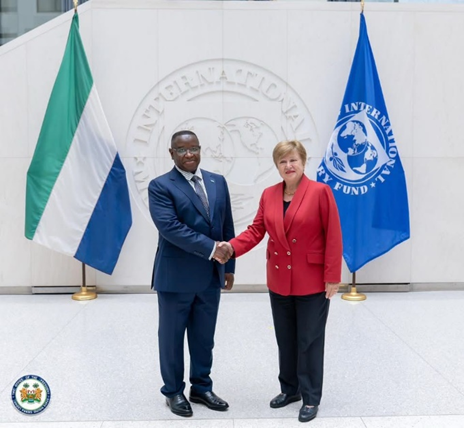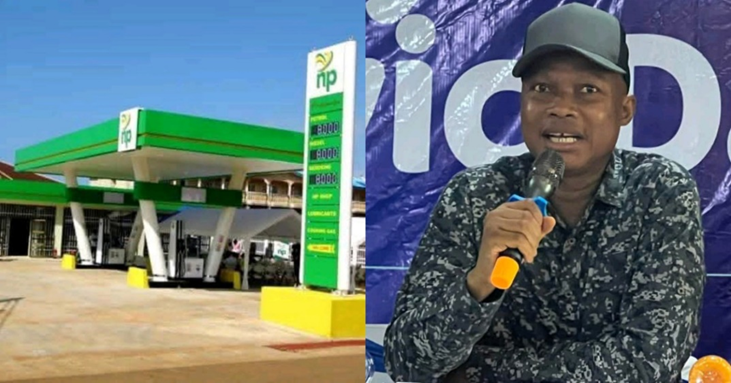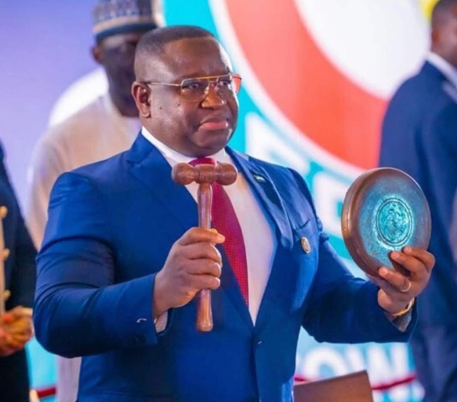By Mackie M. Jalloh
Washington, USA – At the heart of this year’s international financial meetings, Sierra Leone found itself in the spotlight as World Bank President Ajay Banga and IMF Managing Director Kristalina Georgieva both offered rare, public praise for the country’s economic progress. Their commendations were directed at the leadership of His Excellency Dr. Julius Maada Bio, whose government has managed to steer Sierra Leone through global economic turbulence toward a new chapter of stability and growth.
For many, the recognition from the heads of the two most influential financial institutions in the world was more than a diplomatic gesture—it was an endorsement of Sierra Leone’s emerging economic resilience, built on deliberate reforms and strong governance.
In his meetings with the World Bank and IMF leaders, President Bio laid out a picture of Sierra Leone’s recent economic trajectory. He highlighted achievements that, just a few years ago, seemed almost unattainable: inflation reduced to single digits, a relatively stable exchange rate, and a decline in Treasury Bill rates that once placed enormous strain on government finances. These gains, he noted, were not by accident but the result of his administration’s determination to curb fiscal indiscipline, strengthen institutions, and pursue inclusive growth.
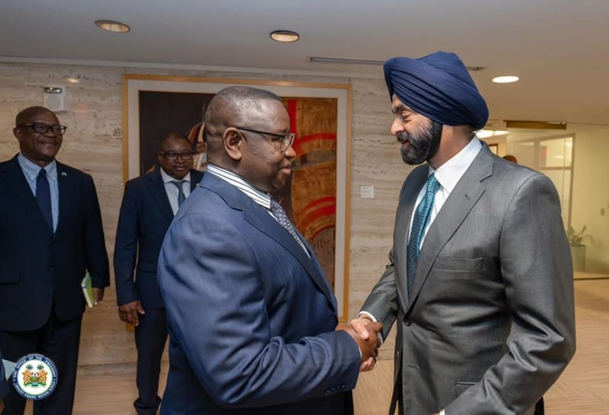
Ajay Banga, President of the World Bank Group, described Sierra Leone as a key partner in West Africa and applauded the government’s commitment to difficult but necessary reforms. He underscored the importance of the country’s Mission 300 Energy Compact, a bold initiative endorsed by the World Bank, which aims to dramatically expand access to reliable electricity—an essential driver for industrialization, education, and healthcare delivery. President Bio, in response, called on the World Bank to further support Sierra Leone’s ambition to join the Global Health Compact, emphasizing that energy and healthcare remain twin pillars of his government’s development agenda.
At the IMF headquarters, Kristalina Georgieva echoed similar sentiments. She congratulated President Bio not only for his government’s progress in stabilizing the economy but also for his new role as Chairman of the ECOWAS Authority, a position that amplifies Sierra Leone’s voice on regional integration and security. Georgieva highlighted that macroeconomic stability in Sierra Leone was no small achievement, considering global shocks from the pandemic, rising energy prices, and disruptions in international trade.
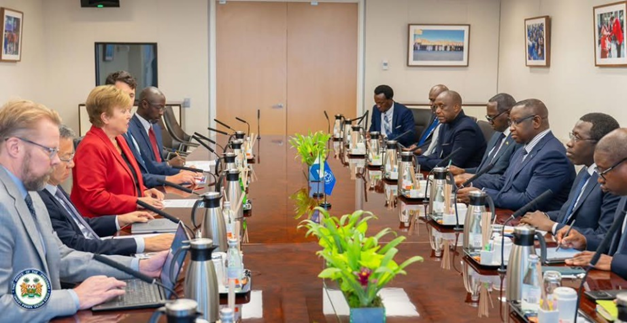
The IMF chief reaffirmed her institution’s commitment to continue supporting Sierra Leone’s reform program, especially efforts to strengthen fiscal discipline, modernize public financial management, and create a more enabling environment for private sector growth.
Observers noted that these meetings mark a turning point in Sierra Leone’s relationship with international financial institutions. For decades, the country has often been portrayed as overly dependent on aid and external support. Today, however, the narrative is shifting—Sierra Leone is being recognized for taking ownership of its reforms and delivering tangible results that are winning global confidence.
For President Bio, the endorsements were not merely about recognition but about consolidating international partnerships to drive long-term transformation. He stressed that his government is committed to accelerating reforms across governance sectors, ensuring that gains in macroeconomic stability translate into improved livelihoods for ordinary Sierra Leoneans.
“These are not just statistics on paper,” President Bio emphasized. “When inflation drops, it means food and transport become more affordable. When the exchange rate is stable, businesses can plan and invest with confidence. When Treasury Bill rates fall, it creates fiscal space to invest in schools, hospitals, and jobs. Our reforms are about building a stronger Sierra Leone for every citizen.”
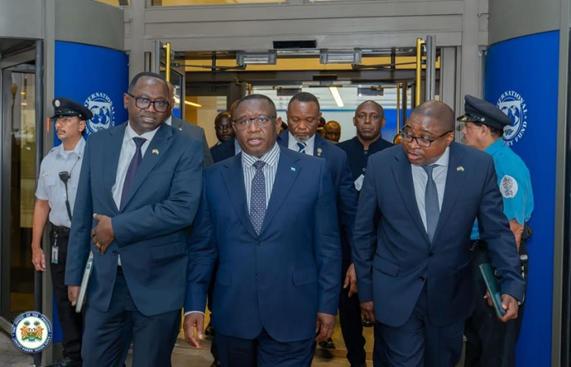
The symbolism of the moment was not lost on those present. At a time when many African economies are battling debt distress, currency depreciation, and soaring inflation, Sierra Leone’s progress under Bio’s leadership offers a different narrative—one of cautious optimism and renewed credibility on the global stage.
As the meetings concluded, both the World Bank and IMF pledged to deepen their support for Sierra Leone’s journey toward sustainable growth. For Sierra Leoneans, the praise from Ajay Banga and Kristalina Georgieva is not only a diplomatic win but a validation of the sacrifices and discipline that the nation has embraced under President Bio’s leadership.
In Washington, the message was clear: Sierra Leone is no longer just a recipient of international assistance—it is a partner shaping its own economic destiny, guided by a president determined to deliver lasting change.

